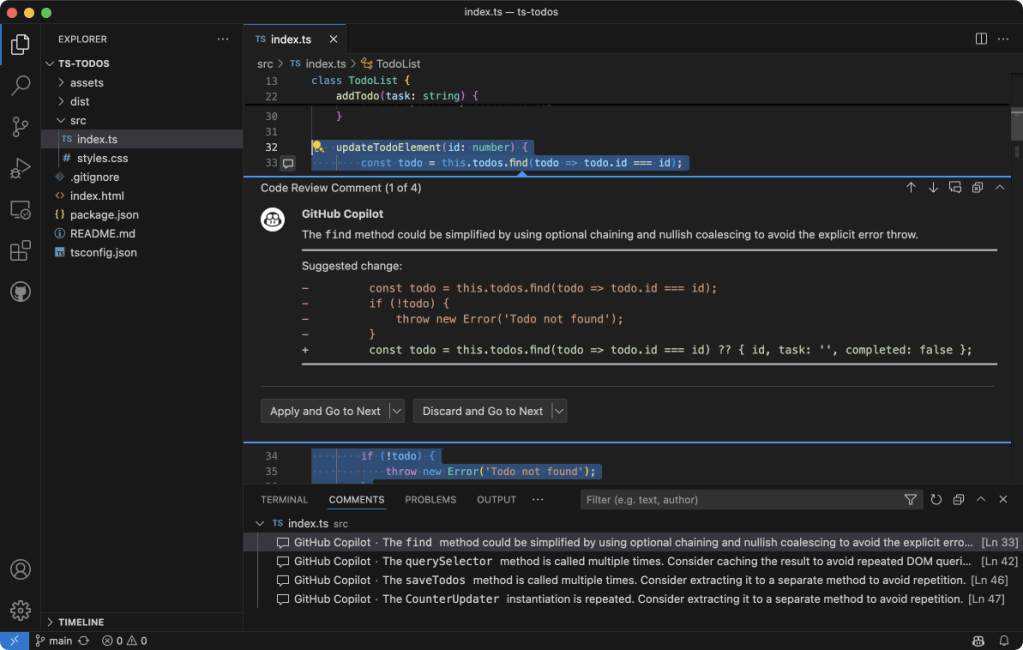The Microsoft-owned developer platform says the move facilitates organisations in highly regulated industries like banking and healthcare to store their code in Australia.

When GitHub CEO Thomas Dohmke visited Australia in 2022, he consistently heard the same two challenges from customers.
“Regulation and contracts with the Australian government require a bank, a healthcare firm or an insurance organisation, to store their source code and all the data related to the project in Australia,” Dohmke tells Forbes Australia in an exclusive interview from Helsinki.
Historically, all source code was stored at the company’s global headquarters on the east coast of the US, making it impossible to comply with some Australian regulations.
“The other part is latency,” Dohmke continues. “For software developers, speed and latency – how long I have to wait for something to happen – is crucial. The faster, the better. “
Less than three years later, the organisation with US$2 billion in annual global recurring revenue, has announced changes that solve both of those challenges.

“Customers in Australia can now create an Australian GitHub environment, have all their customers log in on the Australia GitHub site, and then collaborate there without the need to set up their own service,” says Dohmke.
The new feature is available through GitHub Enterprise Cloud. Storng the data locally in Microsoft’s Azure data centres in Australia, allows organisations to comply with regulations, and for users to tap into faster connections.
What is ‘data residency’?
Four months ago, GitHub made ‘data residency’ available in Europe. Australia is now the second international territory to store data locally.
Dohmke says the region is important to GitHub, being home to 1.7 million developers and serving as the company’s APAC headquarters. As such, it was important to him to deliver on the local requests to store data in Australia.
“Data residency is a vital strand to the DNA of digital transformation,” Dohmke explains. “It creates a localised pathway for organisations in highly regulated industries to store their code in region and move to the cloud.”

Data sovereignty is increasingly important, as the tech sector evolves and nations look to secure access to confidential information.
“Data sovereignty is a critical issue facing enterprises around the world as meeting compliance requirements becomes increasingly challenging,” says Microsoft’s Rob Sanfilippo.
While Australia is seeing the rollout now, “70% of developers will leverage cloud-native developer portals and cloud developer environments to improve the efficiency of their work by 2027,” GitHub states, referring to data from IDC’s WorldWide Developer and DevOps 2025 Predictions.
“Giving customers geographical options for repository storage, leveraging parent company Microsoft’s worldwide Azure data centres, will ensure enterprises can tackle those requirements effectively,” says Sanfilippo.
A software developer for software developers
The European-born CEO of GitHub understands the needs of software developer customers because he is one himself.
“I’m a software developer that grew up in East Germany, on the east side of Berlin,” says Dohmke. When the wall fell, he taught himself to code with books and magazines. He studied computer engineering at university and founded a startup in 2009. Five years later, he sold his company to Microsoft and moved his family to Seattle.
“In 2018, about three-and-a-half years into my Microsoft journey, we decided to acquire GitHub. I joined GitHub through the deal, was VP for special projects for three years, and then in November 2021, became the CEO,” Dohmke says.
“Data residency… creates a localised pathway for organisations in highly regulated industries to store their code in region and move to the cloud.”
Thomas Dohmke, GitHub CEO
Having lived and breathed the challenges of developing software helps the 47-year-old lead the platform of 150 million developers around the world.
“We are basically providing the tools that we use ourselves. We have a saying that GitHub builds GitHub on GitHub. So everybody within the company uses the platform, not only the software developers but also the sales team, the marketing team,” says Dohmke.
“GitHub has always put developers and their happiness, their productivity first. It’s by far the largest social network for developers. It’s a dream job for me and for many ‘hubbers.’ We get to work on developer tools, and be a part of the community.”
Look back on the week that was with hand-picked articles from Australia and around the world. Sign up to the Forbes Australia newsletter here or become a member here.


